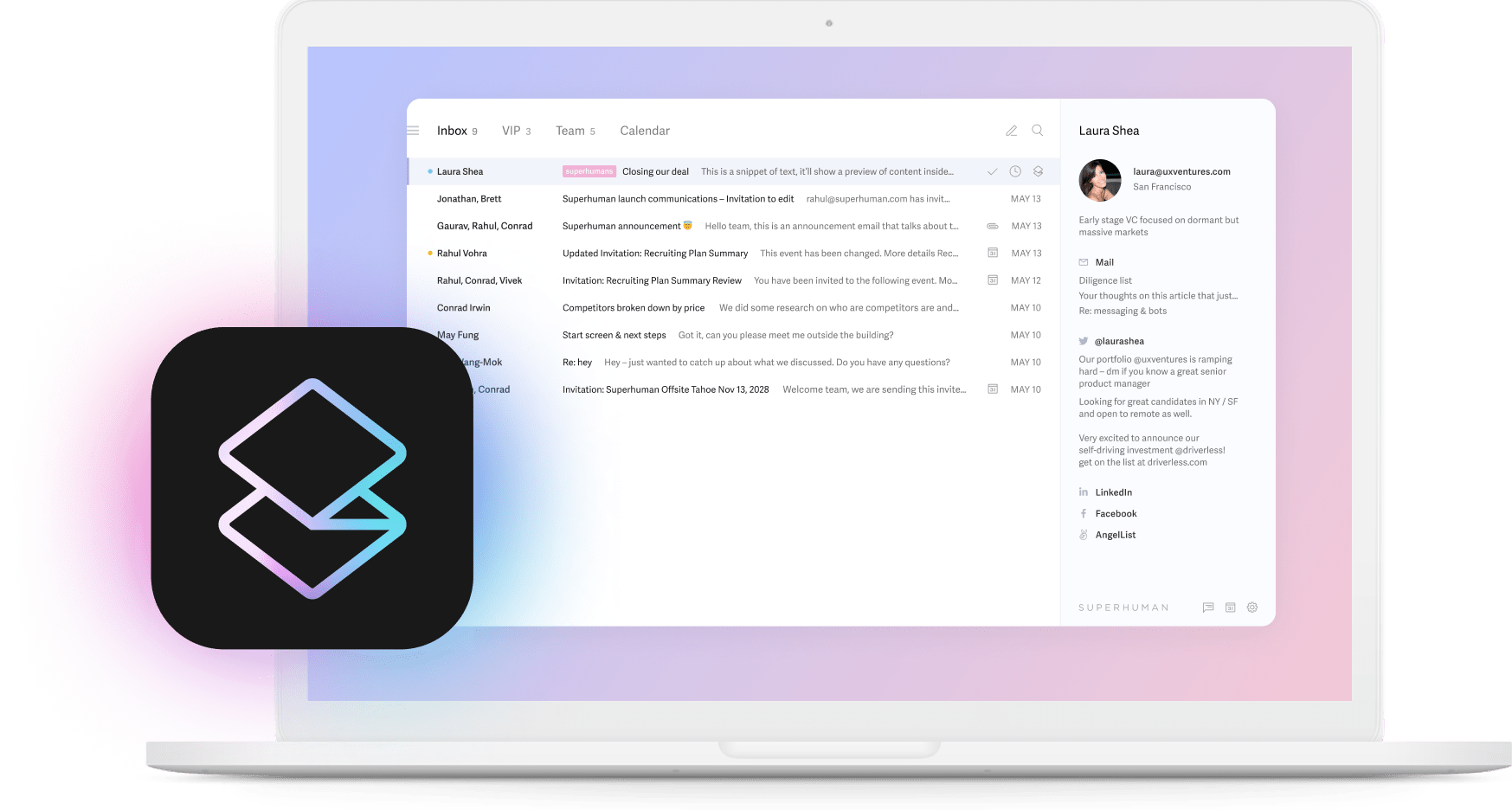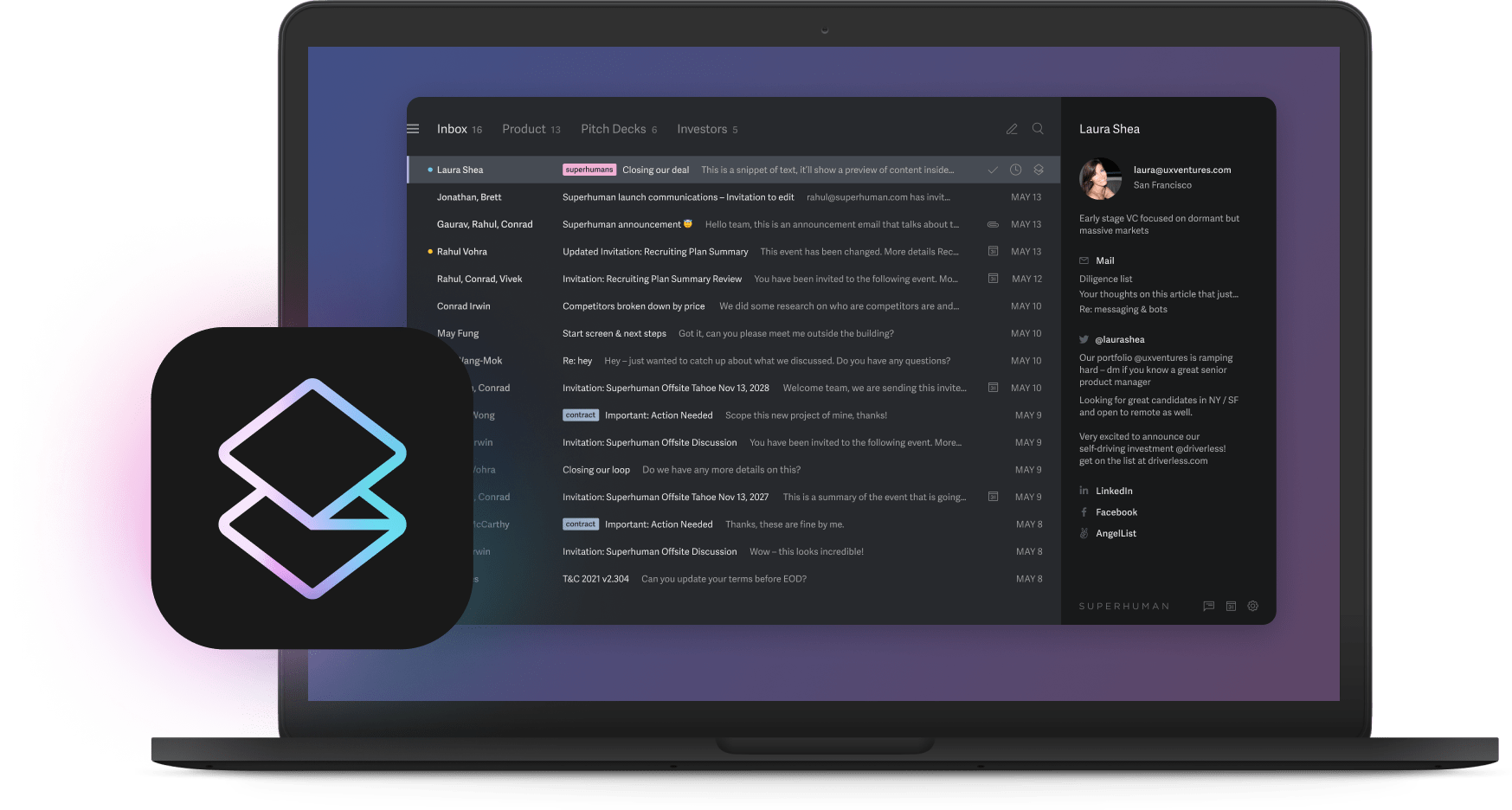
You know how every company claims their automation software will transform your business, then you install it and realize it can barely handle anything more complex than copying data between spreadsheets? That's because most automation tools are basically fancy macros. They break the moment something unexpected happens.
Intelligent process automation software actually thinks. When a customer sends an angry email in broken English about a refund, these systems read between the lines, check three different databases, figure out what went wrong, and either fix it automatically or route it to exactly the right person with all the context they need. This guide shows you which platforms actually deliver on these promises and how to pick the right one for your team.
What is intelligent process automation and how it works
Why traditional automation keeps failing you
Think about the last time you tried to automate something at work. You probably mapped out the happy path, built some rules, and launched it with high hopes. Then reality hit. Edge cases everywhere. Exceptions that nobody anticipated. Systems that weren't quite compatible. Before long, someone was manually fixing the automation's mistakes, which defeats the whole point.
IPA combines technologies such as RPA, AI/ML, BPM, Process Intelligence, and IDP to enhance both routine and judgment-based tasks. Traditional robotic process automation follows scripts religiously, but IPA incorporates artificial intelligence to make decisions, process unstructured data, and adapt when things don't go according to plan.
Here's what actually powers these systems:
- Artificial intelligence and machine learning for decision-making and pattern recognition
- Robotic process automation for task execution and system integration
- Business process management for workflow orchestration and optimization
- Process intelligence for performance insights and bottleneck identification
- Intelligent document processing for handling unstructured data from emails, PDFs, and forms
The real reason companies need this now
We're in a weird spot economically. Everyone's hiring, but somehow there still aren't enough skilled people to go around. The good candidates have multiple offers and salary expectations that would make your CFO faint. Meanwhile, customers expect faster responses, regulatory requirements keep multiplying, and your existing team is already working overtime.
Customer service automation can handle order fulfillment and billing, freeing teams to focus on higher-value work. But here's what's interesting about this moment: the companies that figure out automation now will have a massive advantage when the next economic downturn hits. They'll be able to maintain service levels with smaller teams while their competitors scramble.
The speed requirement has gotten intense. Markets change overnight now. Customer expectations shift quarterly instead of annually. You need systems that can adapt as fast as your business strategy does.
How IPA actually works in practice
Discover: figuring out what to automate
Most companies start automation projects by asking "What should we automate?" Wrong question. The right question is "What's actually happening in our processes right now?" Because what you think happens and what really happens are usually very different things.
Process mining digs into your system logs and transaction data to show you what's really going on. You'll discover that your "standard" approval process actually has seventeen different variations depending on who's involved. Task mining goes deeper, watching how people actually interact with software to find those repetitive tasks that nobody talks about but everyone does.
Automate: making bots, rules, and AI work together
This is where it gets interesting. RPA with AI combines analytics and decision logic to create workflows that adapt and act without human input. Software bots handle the repetitive stuff, AI models make the judgment calls, and rules engines keep everything compliant.
The orchestration layer is what makes this different from typical automation. Instead of automating individual tasks, you're automating entire business processes from start to finish.
Operate: keeping everything running smoothly
Launching it is easy compared to keeping it working well. You need continuous monitoring that tracks how fast things are processing, where errors happen, and when throughput changes. Intelligent process automation solutions optimize workflows, reduce costs, and drive measurable ROI across industries.
The best systems learn from their mistakes and get better over time. They also scale intelligently. When you find an automation that works in one department, you can roll it out everywhere else without starting from scratch.
Business value and key benefits
Here's what actually happens when you get this right. The benefits compound in ways that are hard to predict upfront.
Operational improvements
Your team stops doing the boring stuff. Seriously, that's the biggest change. When people aren't spending half their day copying data between systems or following up on routine tasks, they have time to think about improving things. Accuracy goes up because computers don't have bad days or make typos. Costs drop because you're not hiring as many people to handle the manual work.
The speed improvement is where you really feel it. Customers get responses in minutes instead of hours. Orders process immediately instead of sitting in queues. Your SLA compliance goes from "pretty good" to "we never miss deadlines."
Strategic advantages
Making decisions faster can be the difference between winning and losing deals. When your competitor takes three days to respond to an RFP and you respond in three hours with better information, guess who wins? Customer experience improves because everything just works smoothly. No more "let me check on that and get back to you" responses.
But the real advantage is the data. These systems generate incredibly detailed information about how your business actually operates. You can see exactly where bottlenecks happen, which processes work well, and what needs fixing. That insight drives better strategic decisions.
2024 IPA software landscape: categories and leading vendors
The software market has settled into distinct categories, though the lines blur more every year. Four key categories of automation software lead in enterprise automation, BPM, workflow, and document processing. Here's how to think about your options.
Enterprise automation platforms
Leading vendors: ProcessMaker, UiPath, IBM, SAP Signavio, Appian, Pega
These are the Swiss Army knives of automation. They do everything: process design, bot management, AI integration, governance, security. They're built for complex organizations that need to automate workflows spanning multiple departments and systems.
You need enterprise platforms when your automation requirements are sophisticated. Think customer onboarding that touches sales, finance, legal, and operations. Or vendor management that involves procurement, accounting, and compliance. These platforms excel at orchestrating complex, multi-step processes with lots of decision points and exceptions.
The downside? They're complex to set up and expensive to run. But if you're a large organization with complex needs, they're worth it.
Business process management (BPM) tools
Leading vendors: ProcessMaker Platform, Bizagi, Camunda, Software AG
BPM tools are for companies that want to get their processes sorted before they automate them. They excel at visual workflow design, letting business people map out processes without needing developers.
Use these when you need to standardize how things get done. Employee onboarding, contract approvals, quality management. Anywhere you need consistent, repeatable processes with clear accountability.
Workflow management software
Leading vendors: ProcessMaker, Kissflow, Monday.com, Airtable
These focus on team productivity and collaboration. They're easier to set up than enterprise platforms but less powerful. Think project management automation, content approval workflows, team coordination.
Perfect for smaller teams or departments that need flexible automation without technical complexity. You can usually get started quickly and iterate as you learn what works.
Process intelligence and mining tools
Leading vendors: ProcessMaker PI, Celonis, Microsoft Minit, Fluxicon Disco
These are the detective tools. They analyze your data to figure out what's actually happening in your processes and where opportunities for automation exist.
Essential during the discovery phase of any automation project. They're also valuable for ongoing optimization of existing automated processes. You'd be surprised how much you can learn about your own business by looking at the data systematically.
Robotic process automation (RPA) suites
Leading vendors: Robocorp, SS&C BluePrism, Microsoft Power Automate, Worksoft
Pure RPA is best for high-volume, repetitive tasks that follow predictable patterns. Financial reconciliation, data migration, routine system maintenance. They're good at integrating with legacy systems that don't have modern APIs.
Intelligent document processing (IDP) solutions
Leading vendors: ProcessMaker, Rossum, Antworks, Tungsten Automation, ABBYY
If you deal with lots of documents in various formats, these tools extract data automatically and feed it into your workflows. Invoices, contracts, forms, medical records. They handle the chaos of real-world documents that come in every format imaginable.
Accounts payable processing is the classic use case, but these tools work anywhere you're manually extracting data from documents.
Communication
Leading vendors: Superhuman, Reply.io, Moveworks
This category emerged because email volume has gotten ridiculous. These tools use AI to handle communication intelligently, understanding context and tone rather than just following templates.
Sales teams, customer success, and executive assistants get the most value. Anyone dealing with high email volumes where response quality matters.
Superhuman's email automation delivers tangible business impact through smart triage, AI replies, and workflow automation. The platform analyzes previous messages to specific recipients and matches tone and voice automatically. Teams using Superhuman save 4 hours per person every single week, respond 12 hours faster, and handle twice as many emails in the same amount of time while maintaining authentic, personalized communication.
Try SuperhumanWhat you actually need to know
- Start with discovery: Process mining and task mining provide essential foundations for identifying automation opportunities before you spend serious money on technology. Most companies automate the wrong things because they never figured out what was actually worth automating.
- Match tools to problems: The software landscape offers seven distinct categories, each serving specific needs. Enterprise platforms for complex multi-departmental workflows, BPM tools for standardization, RPA for repetitive tasks, and specialized communication tools for email productivity. Success depends on matching platform capabilities with your actual requirements.
- Think beyond individual tasks: Intelligent process automation software combines multiple technologies to automate both routine and complex workflows across organizations. The real value comes from automating entire business processes, not just individual tasks.
- Plan for scale: Organizations achieve the greatest benefits by starting with high-impact processes, measuring results carefully, and expanding automation programs based on demonstrated value. Communication automation has emerged as particularly valuable for teams handling high email volumes where productivity gains translate directly to business outcomes.






